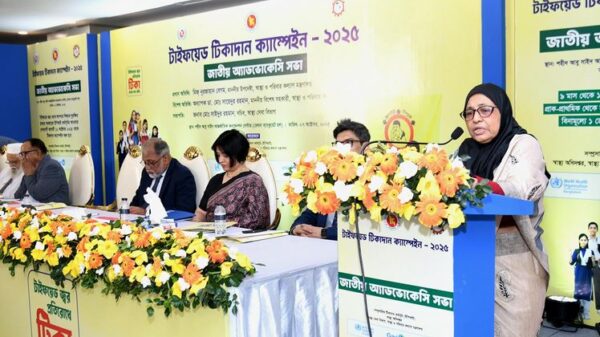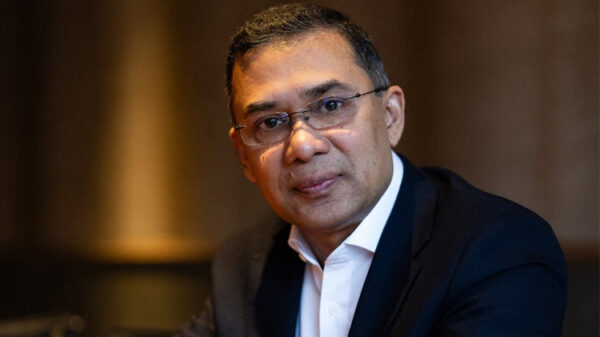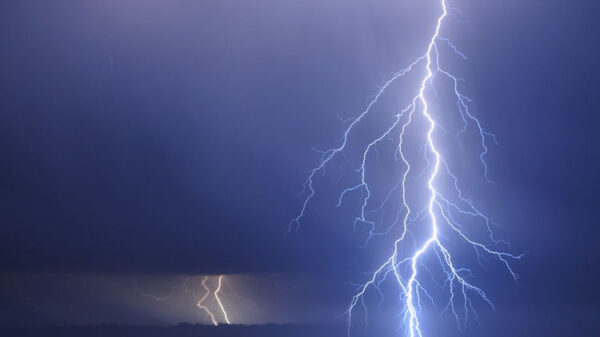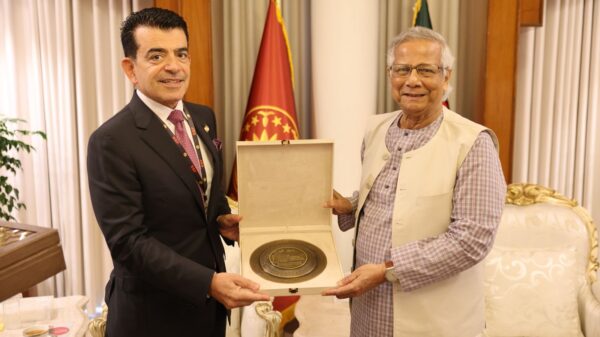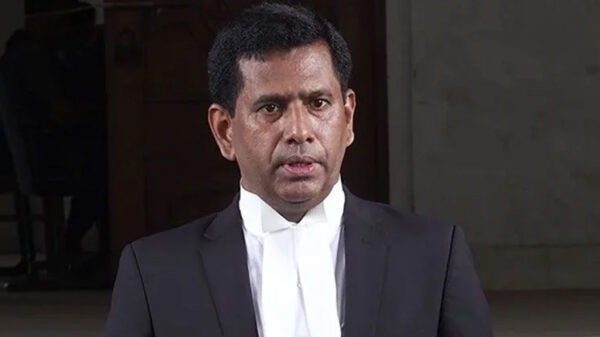Staff Reporter:
Energy experts and economists are strongly opposition the government’s proposal to further increase electricity tariffs. They are urging a re-evaluation of the power sector’s financial management, specifi-cally pointing out excessive and questionable spending as a more viable solution to the sector’s financial woes.
They observed that currently there is 42 percent surplus electricity that can be attributed to government’s deals to set up costly power plants.
“Rampant, unjust expenses – from state-owned company board remunerations to large-scale power pur-chase deals – underscore the need for financial rectification over tariff hikes,” eminent energy expert Prof SM Shamsul Alam said.
In a recent statement, State Minister for Power, Energy, and Mineral Resources, Nasrul Hamid, hinted at an increase in electricity tariffs, starting from March, to counter the widening gap between production costs and sales revenues.
The move aims to alleviate financial pressures on the Bangladesh Power Development Board (BPDB) and the national economy.
“We have to adjust power tariff at both the retail and bulk level to cover the production cost. However, gas prices may be adjusted only for the power plants,” Hamid declared, assuring that the impact on retail consumers would be kept to a minimum.
Sources within the government revealed plans to implement a 5 percent hike in bulk electricity prices and a 3 percent increase at the retail level through an administrative order, bypassing traditional regula-tory hearings.
According to Annual Report 2022-23 of the Bangladesh Power Development Board (BPDB), per unit production cost was Tk 11.33, while electricity was sold at Tk 6.7 per unit — incurring a loss of about Tk 4.63 per unit.
This imbalance has led to a staggering loss of Tk 47,788 crore for the fiscal year, as the government grapples with purchasing electricity from private and international sources at significantly higher rates.
The government has been facing great trouble as it has to purchase electricity worth Tk 82,778 crore from private sector power producers, while it generates electricity worth Tk 13,307 crore from its own plants.
The annual report also shows that BPDB’s average per unit production cost from its own plants is Tk 7.63, while it is Tk 14.62 at the independent power producers or IPPs (private sector). At rental plants, the cost is Tk 12.53, at public plants Tk 6.85, and power imported from India cost Tk 8.77 per unit.
Sources in the BPDB said that in the last decade and a half, electricity prices have been increased on 11 occasions at the wholesale level and on 13 occasions at the consumer level.
In the current fiscal 2023-24, the gap between production cost and selling rate has further widened, and now average production cost of each unit is about Tk 12 while it’s selling at Tk 6.7 per unit.
Prof Shamsul Alam, also senior vice president of the Consumers Association of Bangladesh (CAB), said the unjust expenses in the state-owned power and energy entities have been established in the hearings of the Bangladesh Energy Regulatory Commission (BERC).
“But no steps were taken by the Power and Energy Ministry to address those issues. Rather, the regulato-ry body’s authority was taken away and it was turned non-functional by amending the relevant law,” the energy expert told .
He said that in every case the government was found reluctant to take action to reduce the unjust expens-es in the power and energy sector.
He also observed that the Rapid Increase of Power and Energy Supply (Special) Act has been key in creating the earable situation for which the government has to provide a huge capacity charge to the pri-vate power plant operators and subsidy to state entities.
“Now, the reality is that despite having 42 percent surplus electricity, the country has to endure signifi-cant load shedding, even during winter,” he said.
He said that it’s “ridiculous” that despite such surplus electricity and an obligation of capacity charge putting pressure on the economy, the government has announced a plan to import 9,000 MW of elec-tricity from abroad.
Economist and Research Director at Centre for Policy Dialogue, Khondaker Golam Moazzem, in a re-cent seminar showed through a study report that all political parties in Bangladesh, except the ruling Awami League, want to get rid of capacity payments in the power sector.
He said that the reduction of over-generated power capacity was missing in the Awami League’s election manifesto announced before the January 7 national election.
He also recommended shutting down the costly rental power plants immediately to reduce the overall cost.
M. Tamim, special assistant to the chief advisor of the former caretaker government, said that without reducing the cost, the onus of the increased production cost is being imposed on the consumer.
“This way, the government subsidies can be reduced by increasing the electricity tariff. But it will nei-ther address the dollar crisis, nor resolve the fuel import problem. So, load shedding cannot be prevented by increasing the power tariff,” he said.



